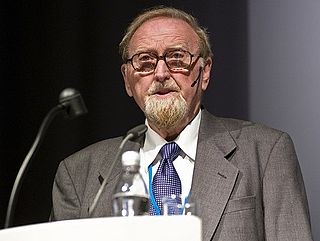A Quote by Peter Navarro
My citizen activism is a direct outgrowth of a classical and fiscally conservative training in economics at Harvard. It is a perspective rooted in one of the most important concepts in economics - the need for government intervention in the presence of a market failure.
Related Quotes
If you go back to Adam Smith, you find the idea that markets and market forces operate as an invisible hand. This is the traditional laissez-faire market idea. But today, when economics is increasingly defined as the science of incentive, it becomes clear that the use of incentives involves quite active intervention, either by an economist or a policy maker, in using financial inducements to motivate behavior. In fact, so much though that we now almost take for granted that incentives are central to the subject of economics.
As a multisport athlete, I was always fascinated with competition and how to win. At HBS and later at the Harvard Department of Economics, I was drawn to the field of competition and strategy because it tackles perhaps the most basic question in both business management and industrial economics: What determines corporate performance?
Classical economics values things by seeing how much someone will pay for them. But this is where classical economics is wrong. What it fails to account for are all the 'externalities' - the services people regard as free goods: pollination services, flood protection, climate regulation, soil stabilization, carbon sequestration.
Whether we like it or not, it is a fact that economics cannot remain an esoteric branch of knowledge accessible only to small groups of scholars and specialists. Economics deals with society's fundamental problems; it concerns everyone and belongs to all. It is the main and proper study of every citizen.
I started in the law; and the study of law, when it precedes the study of economics, gives you a set of foundation principles about how human beings interact. Economics is very useful, and I studied economics in graduate school. But without understanding the social and organizational context of economics, it becomes a theory without any groundwork.


































